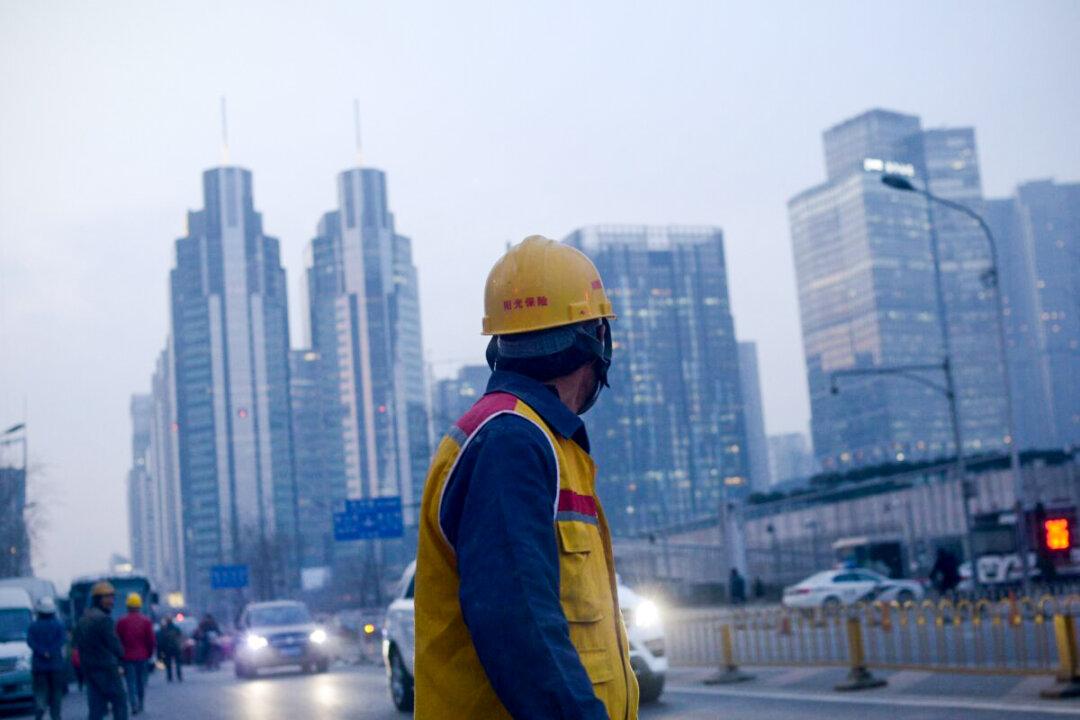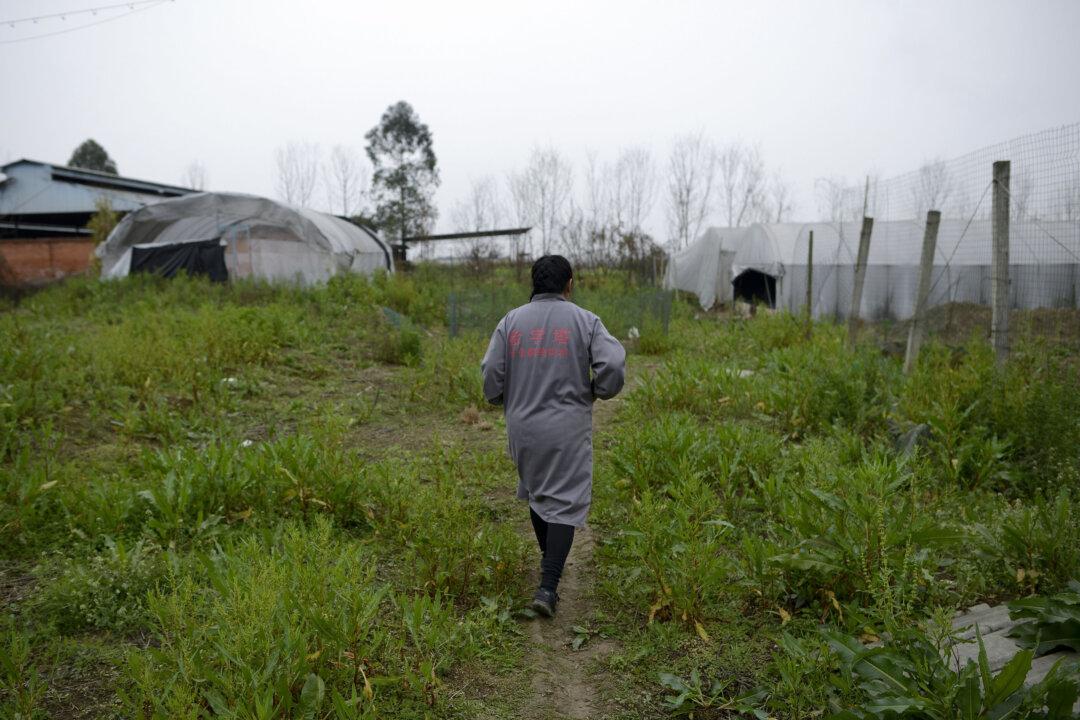For many youths around the world, the dream of wealth and ease is commonplace. While opportunities still exist in some countries, many Chinese youth are abandoning hope of upward social mobility and opting for a passive lifestyle, fulfilling basic personal needs—a social trend that has come to be known as “lying flat.”
A 23-year-old man, using the pseudonym Jiang, recounted his tribulations in pursuit of the idealized Chinese life by taking jobs as a migrant worker, and ultimately abandoning the unobtainable hopes and dreams. “If you get wounded or disabled, money means nothing and it all goes to the hospital,” Jiang told the Chinese-language edition of The Epoch Times on Oct. 1.





